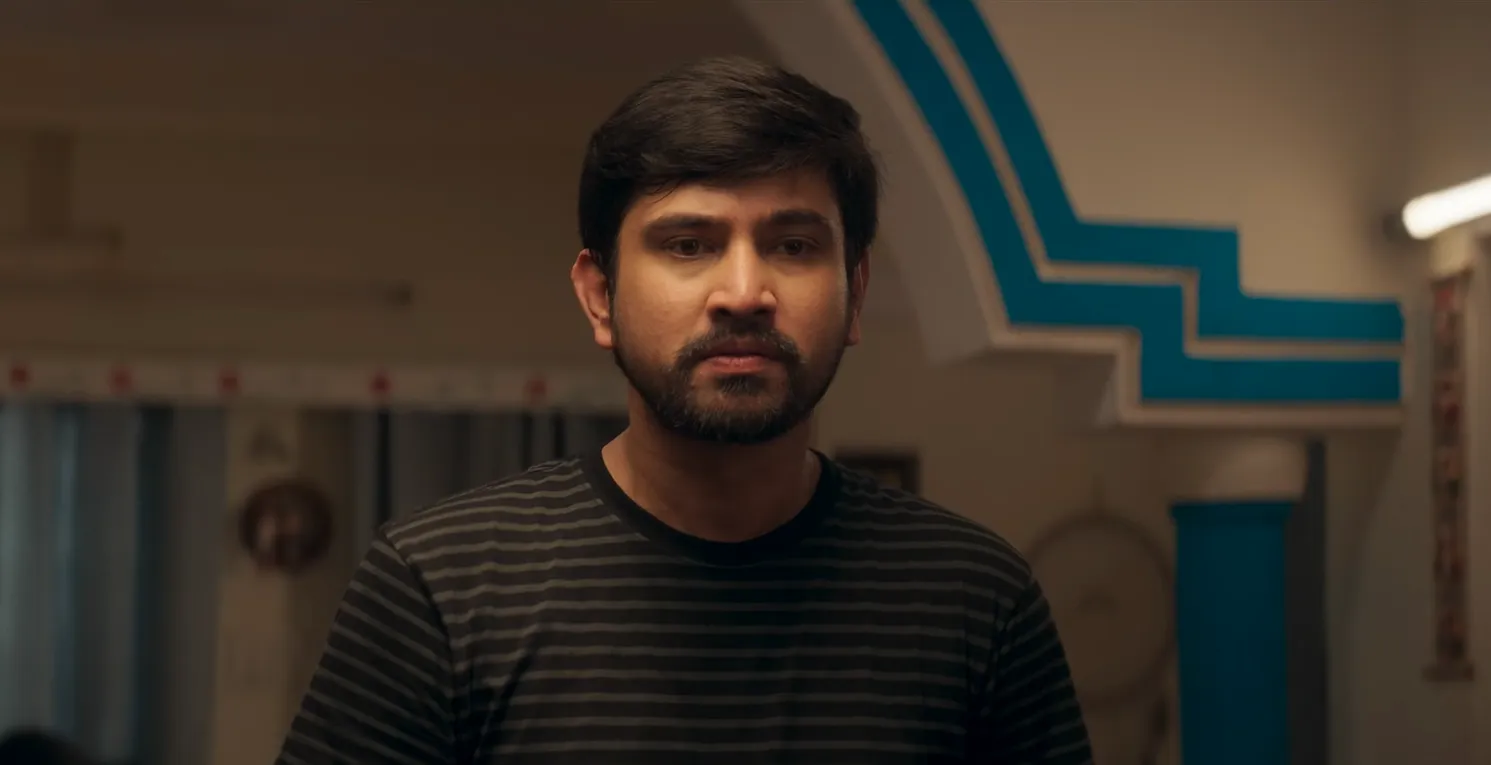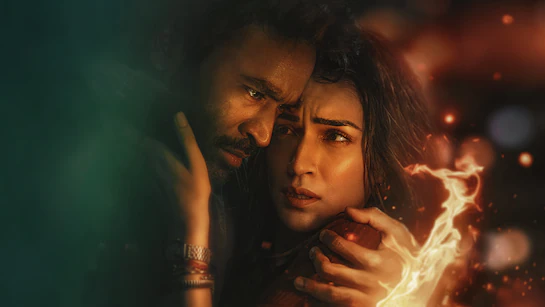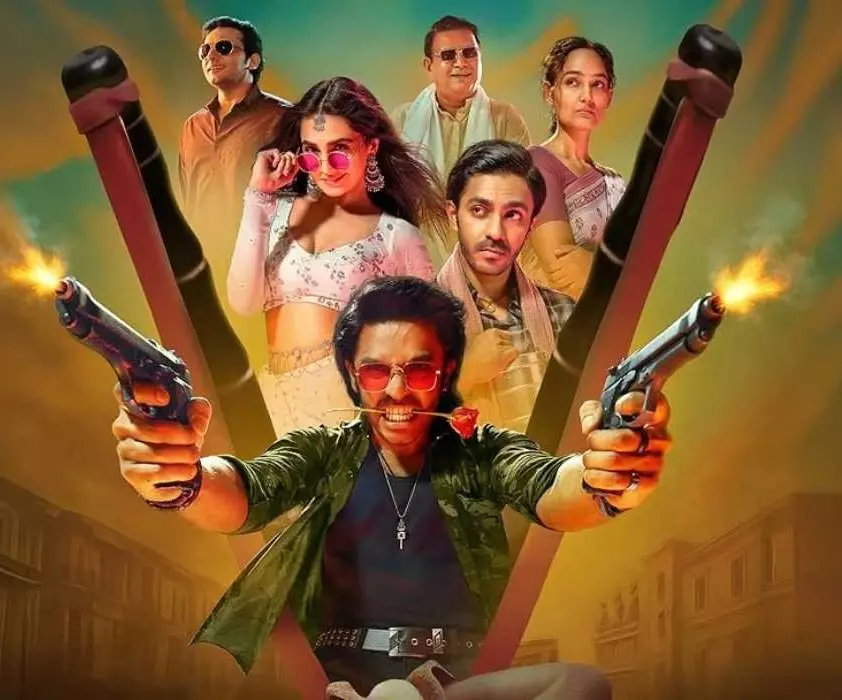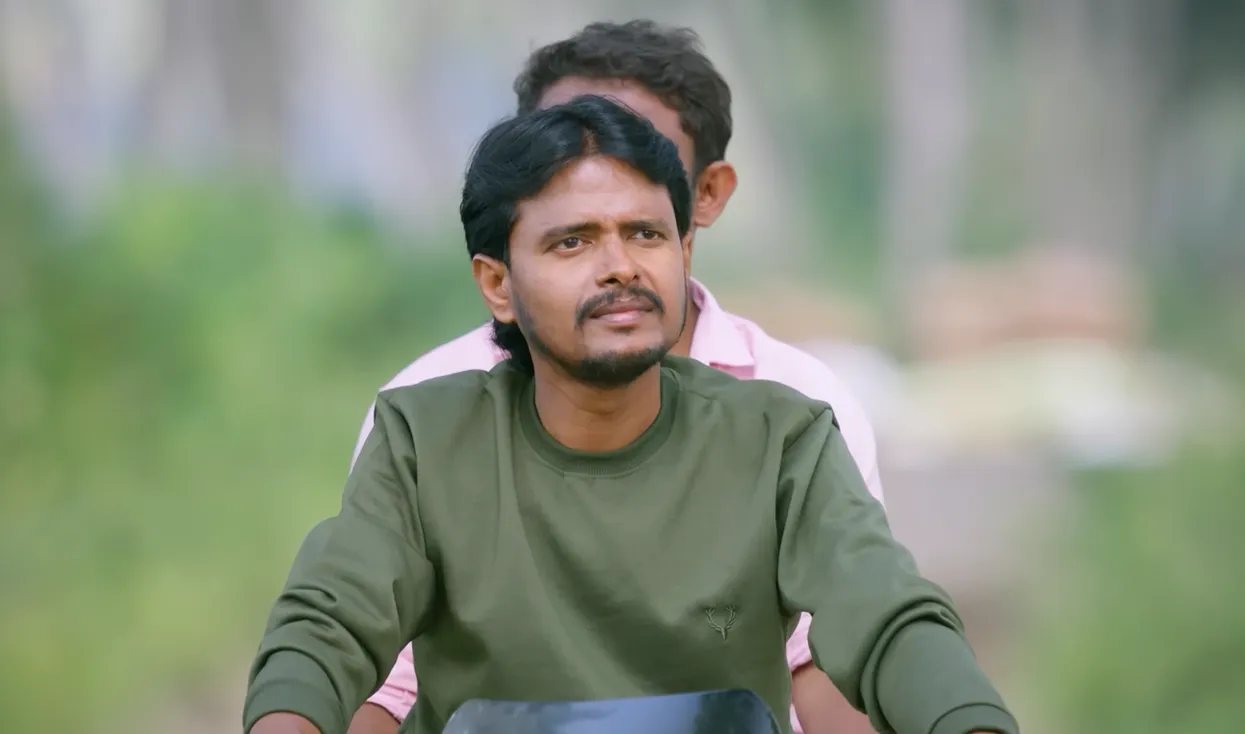Table of Content
Bio-
Ashfaqulla Khan was a revolutionary freedom fighter who sacrificed his life for attaining Independence for the country. He belonged to a very simple family. His father Shafiq Ullah Khan belonged to a military family. His mother’s name was Mazhoor-Un-Nisa Begum and she was known to be a very pious lady who came from an educated family herself. Ashfaqulla’s maternal relatives had served the British rulers as policemen and administrative officers of the British India.
Ashfaqulla had a very calm yet revolutionary nature. He actively participated in the Non- Cooperation Movement led by Mahatma Gandhi and was highly disappointed when the movement was withdrawn by after the Chauri Chora incident by Mahatma Gandhi. He always felt that India needed freedom and he was ready to sacrifice everything to see his country free.
You might also like: Is Gandhi responsible for Bhagat Singh's death
Early life-
Ashfaqulla was born on 22nd
Ashfaqulla and Bismil
Non-cooperation movement began in 1922. To engage more people in this freedom movement Bismil held meetings in Shahjahanpur. In those days, Bismil and Ashfaq became friends and their bond grew as they both had a common dream of an independent India. They both actively began to be a part of the freedom struggles. Religion was never a barrier between them. In 1922, Mahatma Gandhi withdrew the non-cooperation movement. Bismil now became an active member of the Arya Samaj. Ashfaq also joined all the other revolutionaries. Both were hanged on 19th December 1927 in two separate jails of Faizabad and Gorakhpur.
Kakori Train Robbery
On 8Conspiracy Case Filed
After the incident, an investigation team was formed in search of the revolutionaries and within a month of investigation, they were able to arrest all of them overnight. On 26th September 1925, Bismil and others were arrested. However, Ashfaqulla managed to escape and hide in Banaras. He stayed in hiding and moved to Bihar where he worked in an engineering Company for 10-months. Ashfaqulla wanted to travel abroad and meet Lala Har Dayal, to plan further for the Indian freedom struggle. He reached Delhi and reached out to a friend who was supposed to help him in leaving the country but his Pathan friend betrayed him. He was tipped off to the British officials by his friend and was arrested.
Riyasat Ulla Khan appointed Kripa Shankar Hajela as the advocate of Ashfaqulla. Although Hajela made every effort
The Famous Indian Freedom Fighter
‘Khoon se
The Struggles and Sacrifices-
He was the youngest amongst his siblings. His elder brother, Riyasat Ullah Khan was friends with Ram Prasad Bismil as they both were classmates. Riyasat always praised Bismil for his bravery and poetic personality. Later, Ashfaqulla and Bismil also became friends and wrote Urdu poems. Ashfaqullah Khan used his pen name- ‘Hasrat’ while writing his compositions. At a very young
The turning point in the life of Ashfaqulla was the abolishment of the Non- Cooperation movement by Mahatma Gandhi. Ashfaqulla was actively a member of the movement, he thought this movement would be a revolution and India could get closer to its freedom. But when it was withdrawn after the Chauri Chora incident Ashfaqulla was disappointed. He began to participate in the revolutionary meetings conducted by Bismil.
On 8After the
Riyasat Ulla Khan appointed Kripa Shankar Hajela as the advocate of Ashfaqulla. Although Hajela made every effort
The sacrifices these freedom fighters made can never be forgotten. They brought glory to the nation and left a message for the generations to come.
“We have already played our part at the stage of life and in dedication to our country (Bharatmata). Whatever we did, wrong or right, we did it with the spirit of gaining freedom for our nation. Some people may condemn while some may appreciate our work. But our courage and bravery will be appreciated even by our enemies”- These were his words.
You might also like: Is Gandhi responsible for Bhagat Singh's death
You might also like: The truth about Bhagat Singh hunger strike
.webp)

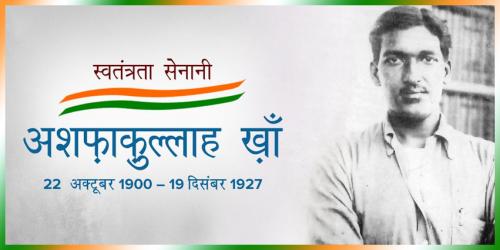


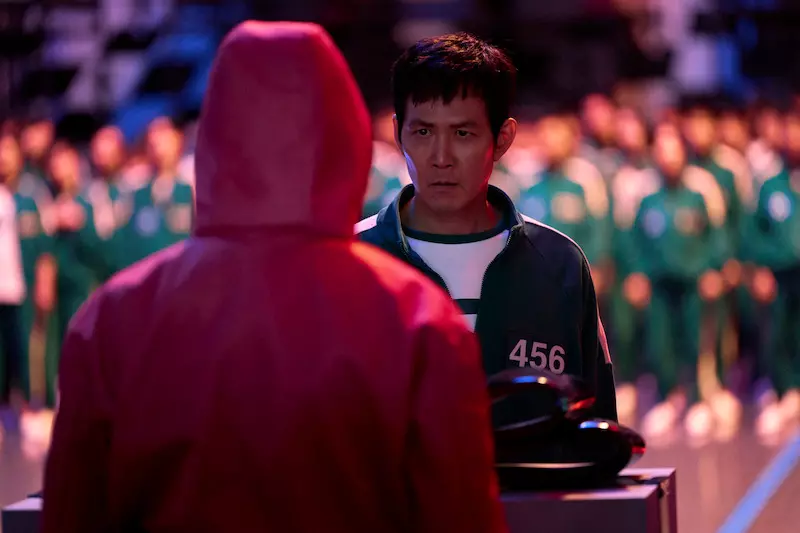
_1735214375.webp)
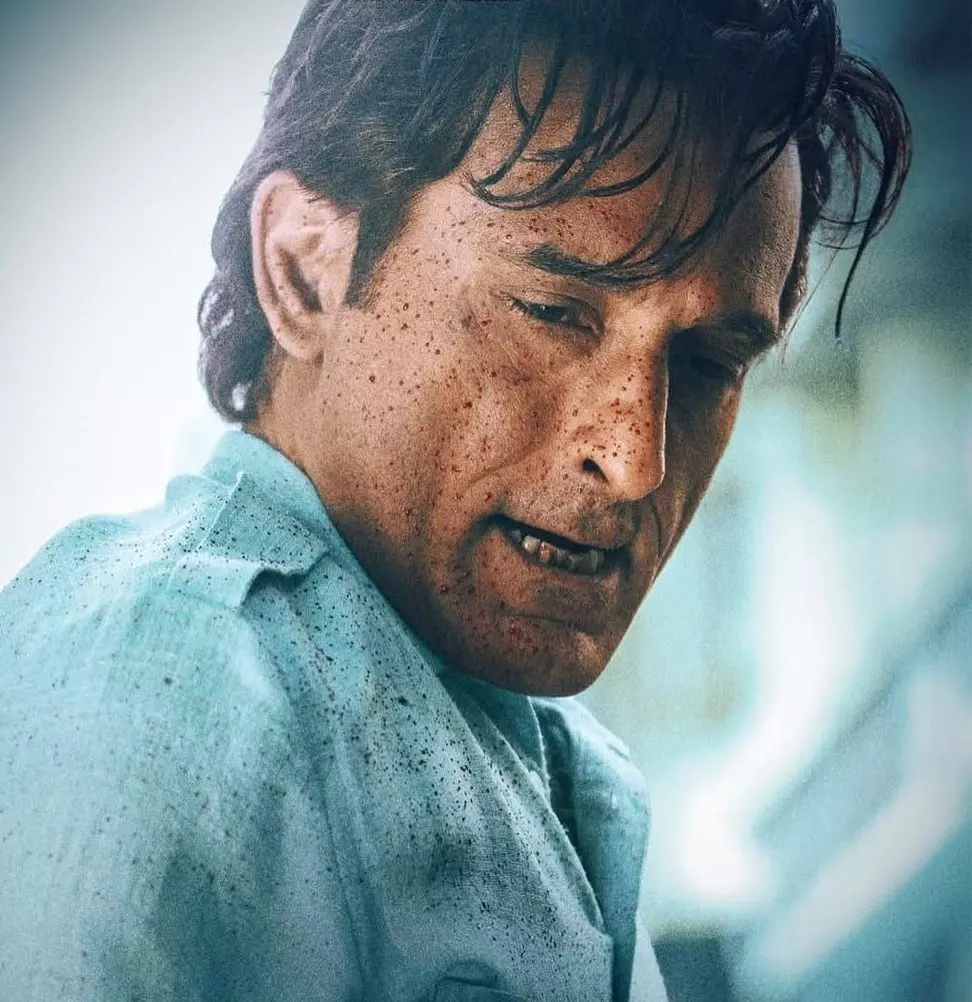

_1763372206.webp)
